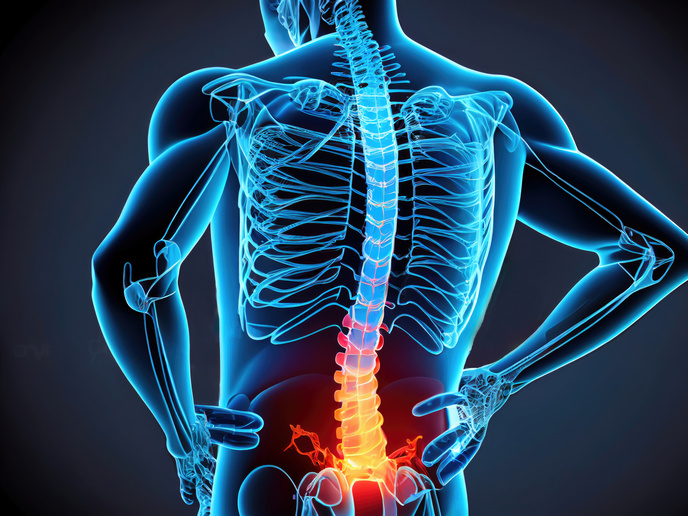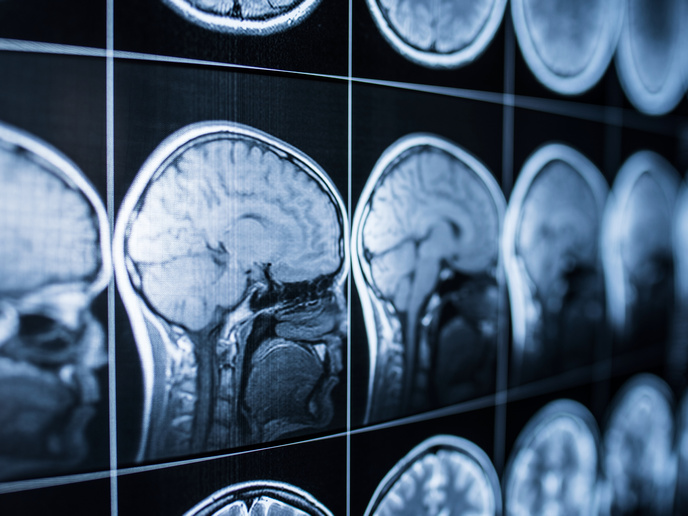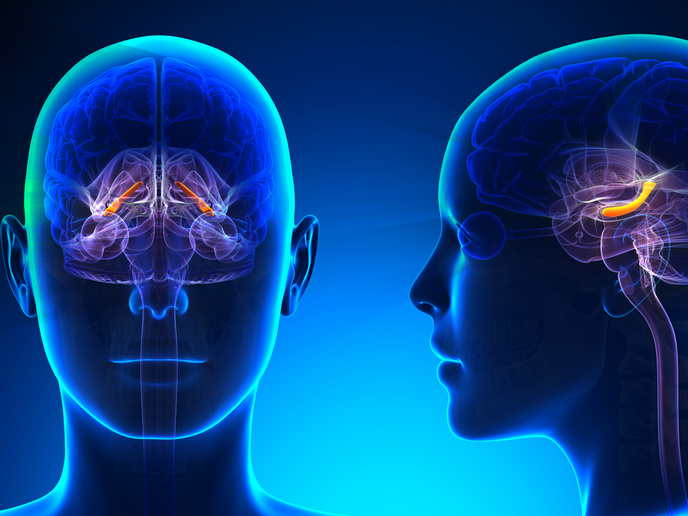A social behaviour approach to autism spectrum disorder
ASD is among the most severe childhood psychiatric disabilities, with social dysfunction being one of the core disabling symptoms. Despite being a prevalent disorder (1 out of every 68 children has some form of ASD), scientists know little about its neurobiological causes. This makes it difficult to design drugs to positively influence social behaviour. The EU-funded SOCIALBRAIN (The young social brain at work: From neurobiology to innovative pharmacotherapies for autism spectrum disorders) project aimed to identify neural circuits that make children want to play, a form of social behaviour essential for the development of all young mammals. Since social play is impaired in ASD children, researchers investigated whether social play-enhancing drugs can improve the social dysfunctions observed in an animal model of ASD. SOCIALBRAIN used adolescent rats as a model to reveal important roles in ASD for chemicals that control the brain's reward and pleasure centre. These neurotransmitters, which are also responsible for positive feelings gained from food, sex and drugs, make social play highly rewarding. Researchers identified areas of the rat brain that these neurotransmitters stimulate, as well as chemical pathways in the brain that are activated by social play. They triggered ASD-like symptoms in rats by exposing embryos to valproic acid, a drug normally used to treat brain disorders like epilepsy. By looking at changes in the brain associated with these behavioural alterations, they discovered brain systems and processes that could be targeted by drugs. These include the brain endocannabinoid system, brain cholesterol metabolism and the gut-nerve-microbiome-brain communication system. Supporting this idea, drugs targeting the endocannabinoid system corrected several behavioural impairments displayed by adolescent and adult rats with ASD symptoms. SOCIALBRAIN's rodent model for social dysfunction will help scientists to understand the neurobiology underlying human social behaviour. Testing the effects of drugs that increase social play in behaviourally impaired rats may also lead to new treatments for ASD in children.







